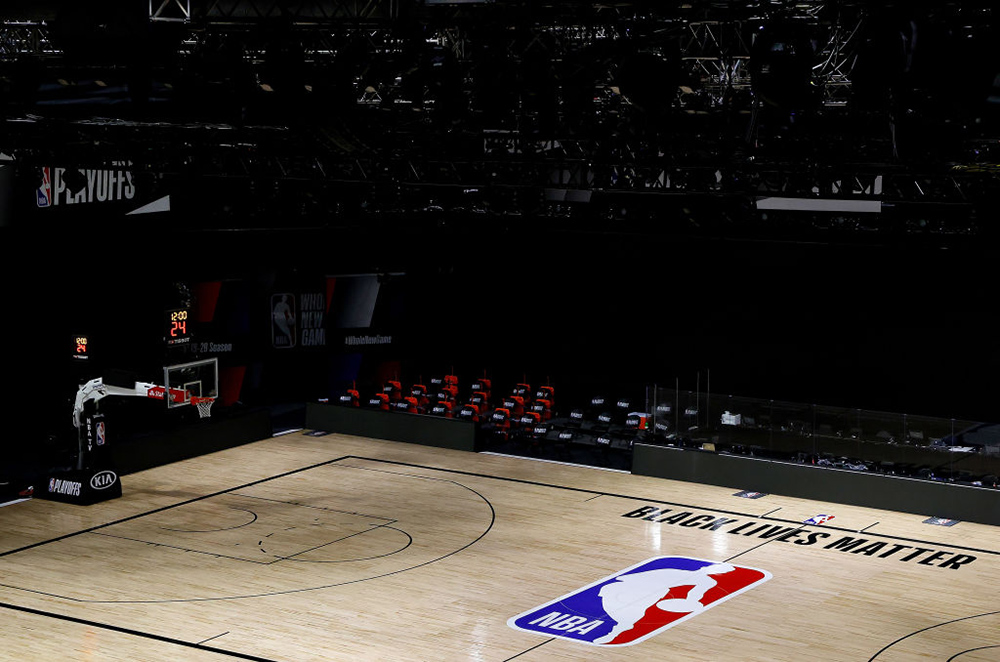The short-lived player strike in the NBA was meant to send a signal of outrage about police shootings of African Americans and other aspects of “systemic racism.” As LeBron James, the face of the NBA, put it in a tweet, “We demand change.” It’s not at all clear, of course, how not playing sports contests will lead to racial justice, nor did the players present such a theory of change. But there is a means by which highly paid athletes can do something about causes they care about: They should make a personal sacrifice by continuing to play and should then divert a portion of the earnings they would otherwise forego to charitable efforts to reduce police violence and improve the prospects of the black children who admire them.
In the NBA, about 75% of all players are black, including most of its biggest stars. Their earnings are substantial. The average NBA salary is more than $7 million a year, while stars such as LeBron James, Russell Westbrook, Kevin Durant, and James Harden all earn more than $37 million annually. The highest-paid player, Stephen Curry, earns more than $40 million per year. Each of these players is in a position to help their hometowns financially.
Some have already done so, and their past actions reveal a focus, not on police–community relations but other issues. Most prominently, LeBron, to his great credit, has established the LeBron James Family Foundation, which, with $40 million in assets, has focused its giving on his hometown of Akron, Ohio. Its major promise is the I Promise School, a public school to whose budget James adds. According to the New York Times, its students had previously been identified as among the worst performers in the city’s public schools but have gone on to show promising academic results.
Continue reading the entire piece here in Washington Examiner
______________________
Howard Husock is a senior fellow at the Manhattan Institute, where he directs the Tocqueville Project, and author of the new book, Who Killed Civil Society?
This piece originally appeared in Washington Examiner
